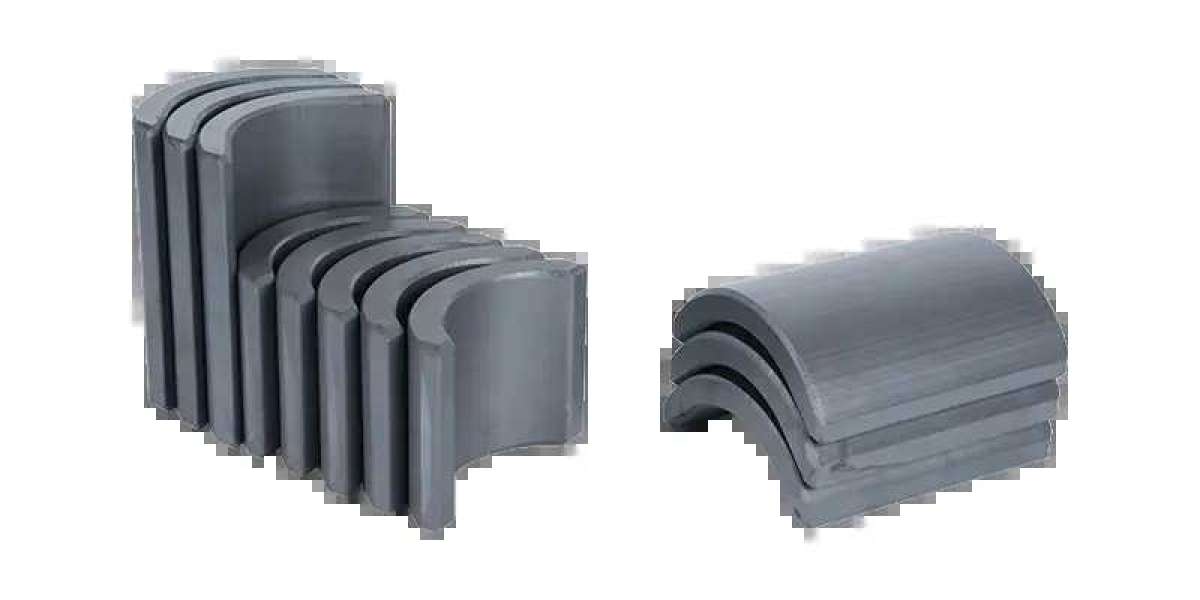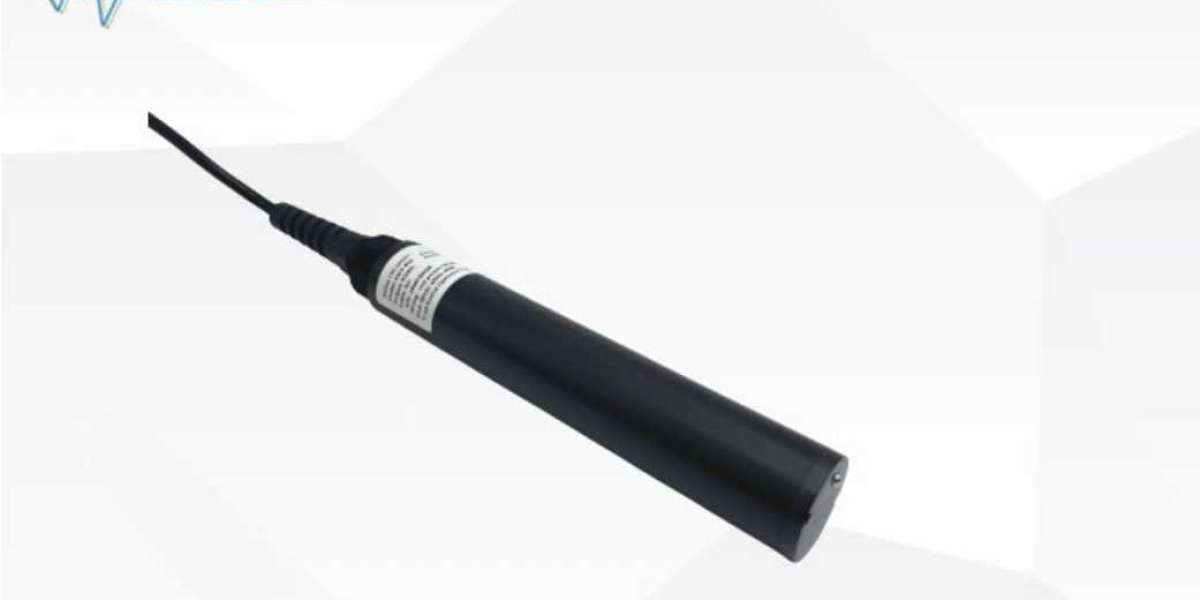Ferrite magnetic tiles may seem like a specialized product, but they play a crucial role across various sectors. From industrial machinery to everyday household items, these versatile tiles have significantly influenced modern technology. In this article, we’ll delve into the intriguing journey of ferrite magnetic tiles, exploring their development, diverse applications, and shared advantages.
Industrial Foundations of Ferrite Magnetic Tiles
Ferrite, a ceramic compound composed of iron oxide and other metallic elements, has been a fundamental material in the industrial realm for many years. Known for their impressive magnetic properties and corrosion resistance, ferrite magnetic tiles are essential in heavy machinery, motors, and transformers. Their high magnetic permeability combined with low production costs makes ferrite a preferred choice for industries seeking reliable and economical solutions.
In industrial applications, these tiles are integral to machines that require stable and powerful magnetic fields. Their capacity to maintain performance in elevated temperatures and resist demagnetization makes them ideal for use in motors and generators, facilitating the conversion of electrical energy into mechanical work.
Expanding into Household Technology
As technology advanced, the advantages of ferrite magnetic tiles began to extend into the realm of household appliances. Today, these magnetic tiles are present in many common appliances, albeit often hidden from view. From refrigerator doors to washing machines, ferrite tiles enhance functionality and efficiency in numerous ways.
For instance, in refrigerators, magnetic strips incorporating ferrite create a tight seal around the doors, helping to retain cold air and minimize energy consumption. Similarly, in washing machines, these tiles optimize motor performance, contributing to greater energy efficiency and durability.
Distinct Applications in Different Settings
While ferrite magnetic tiles are crucial in both industrial machinery and household appliances, their applications differ significantly. In industrial contexts, the tiles are typically larger, more robust, and engineered to withstand harsh environments, including high temperatures and pressures. The magnetic fields they generate are often stronger, ensuring the smooth operation of processes in motors or transformers.
Conversely, in household appliances, the emphasis is on compactness and energy efficiency. Ferrite magnetic tiles used in these devices tend to be smaller, yet their magnetic properties are equally vital. For example, the compact magnets in refrigerator door seals are essential for maintaining energy efficiency, while those in washing machines help minimize energy usage while promoting quiet operation.








